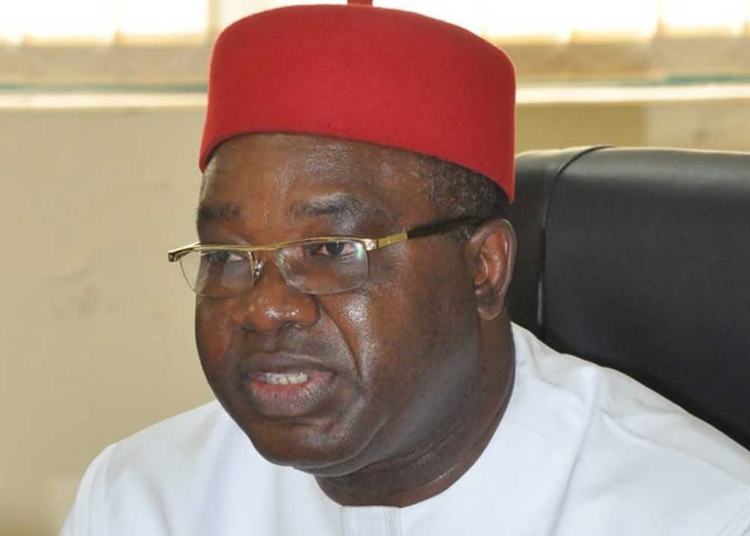The executive secretary of the National Human Rights Commission (NHRC), Mr Tony Ojukwu, has assured Nigerians that the agency would continue to promote gender equality and enforce women’s rights in line with the Maputo Protocol.
This was contained in a statement by Ojukwu yesterday in Abuja to commemorate the 20th anniversary of the Maputo Protocol.
Ojukwu said the protocol is an essential instrument for the advancement of women’s rights on the African continent.
He added that this event is a significant milestone and acknowledges the strides made towards gender equality in the African Continent.
“The protocol offers protection from discrimination, gender-based violence, harmful practices, armed conflicts, disabilities, and distress amongst others.
“ It further offers guarantee to African women ‘s right to dignity, integrity and security of person, equality in marriage and before the law, political participation, social welfare and economic empowerment, inheritance, sustainable development, health and reproductive rights,” he said.
Ojukwu said over the past two decades, the protocol has served as a guiding framework to promote equality and eliminate discrimination, violence, and harmful practices against women and girls.
”Two decades since the adoption of the Protocol, several challenges still persist in achieving women’s civil, political, social, economic and cultural rights on the continent of Africa.
“The National Human Rights Commission to upholding the principles enshrined in the Maputo Protocol, we recognise that gender equality and the empowerment of women are essential for achieving sustainable development, social justice, and the overall promotion and protection of human rights,” he said.
“Nigeria has made significant progress in advancing women’s rights, there are still challenges that need to be addressed urgently. The commission recognizes the importance of collaborative and concerted efforts to address these challenges.
“These include gender-based violence, discrimination, harmful traditional practices, and the socio-economic disparities that continue to impede women’s progress,” he said.
He, therefore, called on stakeholders, including the government, development partners, civil society organisations, and the private sector, to join hands with them to intensify commitment.
“This commitment is to eliminate these obstacles as we particularly urge the legislature to domesticate the Protocol to ensure its effective implementation
“We will collaborate with government institutions, civil society organizations, and international partners to strengthen legal frameworks, enhance access to justice, provide support services for survivors of gender-based violence, and raise awareness about the rights of women and girls,” he said.
According to Ojukwu, the commission acknowledges the indispensable contributions of women’s rights activists, organisations, and individuals who have tirelessly advocated for gender equality and the elimination of discrimination.
“We extend our appreciation to all partners and stakeholders who have supported our efforts in promoting women’s rights in Nigeria.
“We call on them not to relent on their efforts in working with us to see to the realisation of the full implementation of the Maputo Protocol,” he added.
The Heads of States and Government of the African Union on July 11, 2003, adopted this protocol to promote and protect the rights of women in Africa. (NAN).











